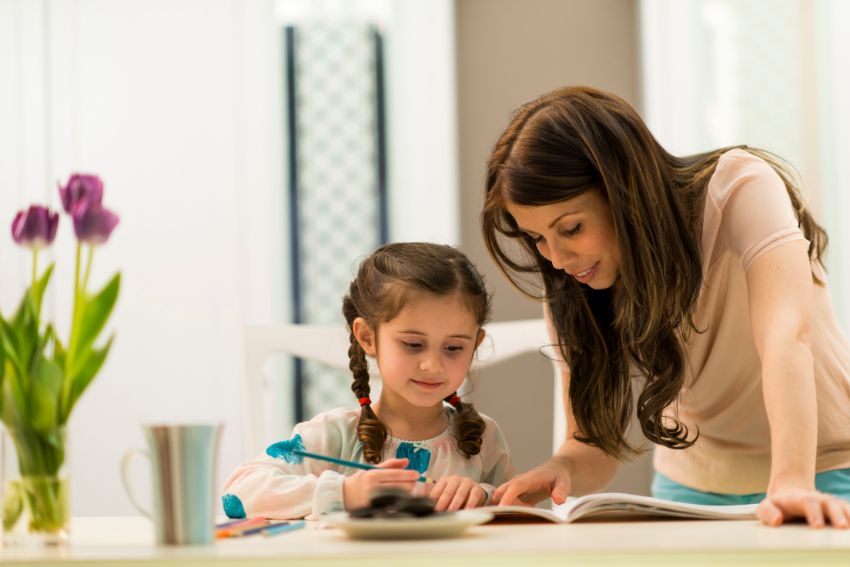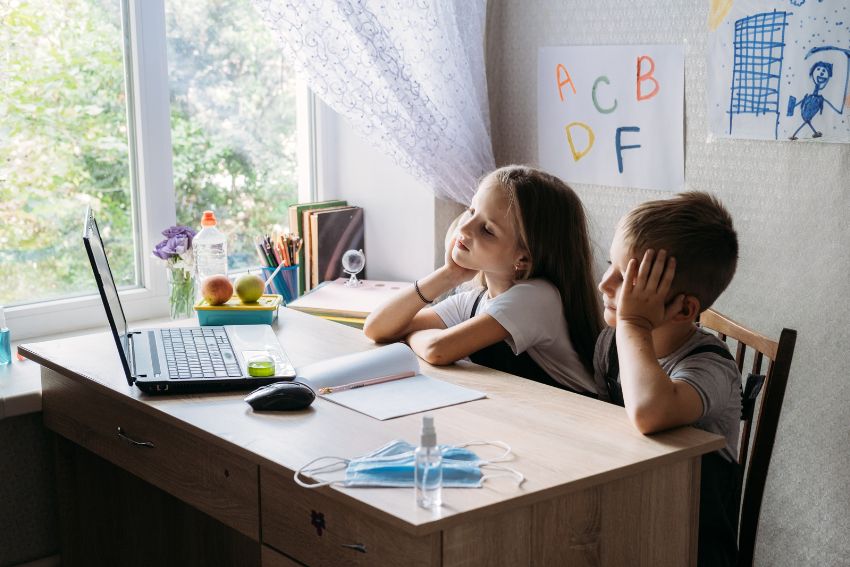Home Schooling UK: Meet Your Child’s Unique Learning Needs
Home schooling UK, often called elective home education, is a flexible way to teach your child at home. It gives you, as a parent, the freedom to tailor their education to match their unique needs. Whether your child is in primary school or heading into secondary school, home schooling can work for all stages.
Many parents are now exploring this option, and it’s easy to see why. If you’ve wondered, “How does home schooling work in the UK?”, the answer lies in its flexibility. You decide what, how, and when your child learns, creating a personalised environment where they can thrive.

Home Education in the UK: How It Works
So, how does home schooling UK work? Elective home education UK is flexible and easy to manage. To start with, home education gives you the freedom to choose a teaching approach that suits your child best. You can follow a structured plan, similar to a traditional school day, or explore unschooling, where learning happens naturally through play, hobbies, and daily life. Another option is autonomous learning, where children decide what interests them and learn at their own pace.
The best part? You don’t need to follow the National Curriculum. Instead, you can focus on what works for your child’s age, ability, and needs. This makes home education in the UK incredibly flexible. You’re not tied to strict school hours, so learning can happen in the morning, afternoon, or even during a nature walk.

How to Start Home Schooling in the UK
Are you wondering, how to home school your child in uk? – The process is easier than you might expect. The first step is to notify your child’s school in writing if they are already enrolled. This ensures they are officially removed from the school’s register. If your child hasn’t started school yet, you can simply begin planning their education.
Home Schooling UK Options: Free Online Resources
Next, think about your educational approach. Will you follow a structured plan, or would a more flexible method suit your child better? Take time to research home schooling UK online resources to help with curriculum planning. Websites like Oak National Academy or BBC Bitesize provide home schooling UK free learning materials to get you started.
You’ll also find plenty of support from local home education groups. These communities are great for connecting with other parents and sharing tips. Many offer advice on free resources and ideas for creating a fun and engaging learning environment.
Understanding Home Schooling UK Costs
When considering home schooling, understanding the home schooling UK cost is essential for planning effectively. The great news is that it can often be more affordable than traditional schooling, because there’s no need for uniforms or daily travel, but there are still expenses to keep in mind. For example, you may want to budget for resources like books, materials, or specialised online courses. These small investments can create an engaging and effective learning environment.
For educational materials, you may need to invest in books, workbooks, or online resources. If your child is preparing for exams, such as GCSEs at the home schooling UK secondary level, there will be fees for registering and sitting these exams privately. Additionally, some families choose to hire tutors or purchase subscriptions for specialised online programmes, which can add to the home schooling UK cost per month.
Extracurricular activities, like sports or music lessons, may also be part of your budget. While many resources are free, it’s a good idea to plan for these additional home schooling costs to ensure your child has a well-rounded education.
Home Schooling UK at the Secondary Level
For parents of older children, home schooling UK secondary level offers unique opportunities to customise learning while preparing for important exams. A common question is, how many GCSEs do you take? The answer depends on your child’s interests and future goals, but most students take 8–10 GCSEs in various subjects.
So, home schooling UK secondary offers unique opportunities to customise learning while preparing for important exams. One key consideration is how to help your child achieve qualifications like GCSEs or A-Levels. These exams can be taken privately, and you’ll need to register with an exam centre to arrange this. If you want to know, “How to register for home schooling UK exams?”, many local exam centres provide guidance on the process.
At the secondary level, planning ahead is vital. Focus on building a schedule that balances core subjects with your child’s interests. This stage of home schooling requires a bit more structure, but it also allows you to give your child the tools they need to succeed in their exams and beyond.

Challenges Parents Face in UK Home Schooling
Home schooling comes with unique challenges that parents should consider. Balancing your time between teaching, work, and other responsibilities can be demanding. Financial implications, such as purchasing learning materials or arranging extracurricular activities, may also add to the pressure. For some parents, covering specialised subjects at the home schooling UK secondary level might feel overwhelming.
Solutions to Common Home Schooling UK Challenges
Thankfully, there are many ways to address these challenges while keeping your child engaged. Start by exploring home education ideas UK, like using online platforms for specialised subjects or borrowing materials from local libraries. Joining home education groups can help reduce the pressure by providing shared learning opportunities.
To encourage social interaction, consider enrolling your child in home schooling UK activities. These could include sports teams, art classes, or local community events where they can meet other children and build friendships. Many home education groups also organise field trips and collaborative projects, offering a well-rounded experience. By combining resources and engaging activities, you can create a fulfilling and balanced learning environment.
Conclusion
Home schooling in the UK offers parents the flexibility to create a personalised education that suits their child’s unique needs. From choosing the right teaching approach to planning for exams and encouraging social interaction, the journey can be both rewarding and manageable with the right support. While there are challenges, plenty of free resources, online platforms, and home education communities can help you overcome them.
Take time to research and explore what works best for your family. Whether it’s structured lessons, unschooling, or a mix of both, the beauty of home education is that it’s adaptable to your child’s needs. If you feel you need extra help, online tutors can provide valuable support, especially for tricky subjects or exam preparation.
Ready to start your home schooling journey? Explore the many resources available and take the first step towards creating an education experience that’s as unique as your child.
FAQs
How to Start Home Schooling Your Child?
Starting home schooling is simple. Create a learning schedule that works for your child’s age and interests. Begin with subjects they enjoy to build confidence and gradually add more topics. Consider joining local home education groups or using free online resources to support their learning.
How Does Home Schooling Work in the UK?
Home schooling in the UK, or elective home education, allows parents to educate their children at home rather than in school. You can choose an approach that suits your child, such as structured learning, unschooling, or autonomous learning. You don’t need to follow the National Curriculum but must provide an education suitable to your child’s age, ability, and needs.
How to Start Home Schooling in the UK?
To begin home schooling, notify your child’s school in writing if they are already enrolled. This ensures they are removed from the school register. Next, decide on an educational approach and gather resources to create a learning plan. Online platforms like Oak National Academy and BBC Bitesize are great starting points.
How to Register for Home Schooling in the UK?
There’s no formal registration process for home schooling in the UK. If your child is in school, you’ll need to inform the school in writing. For children who haven’t started school, you can simply begin home education without notifying any authorities, or you may contact the local council for more information about your child’s education.
How to Home School Your Child in the UK?
In the UK, home schooling involves designing a curriculum tailored to your child’s needs. This could include structured lessons, practical activities, and online resources. Use platforms like BBC Bitesize and free community programmes for guidance. Remember, home education is flexible, so you can adapt as your child progresses.








